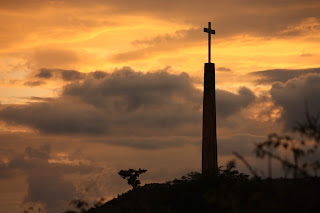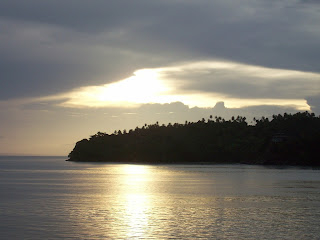Educating the Next Generation of Community Leaders in Nicaragua

Nicaragua's agricultural sector provides a higher rate of employment opportunities than in any other country in Central America . This can be problematic from a development perspective, though, as 43% of these agriculturalists are under 25 and have only 3.5 to 5 years of schooling. Moreover, 72% of the population of the country has not attended secondary school. Therefore, it is important to the country's economy to support agricultural training and education with a focus on student retention and growth opportunities. Among the coalition of organizations trying to engage rural youth and build new skills is CETAA , a vocational and technical school for environmental studies and agroforestry techniques. CETAA works closely with the 7 ethnic populations in Wawashang , a remote Caribbean coastal settlement in Nicaragua. Farmer-to-Farmer volunteer Sandro Lopes, a youth-in-development professional, volunteered with CETAA to propose a strategy to implement a 4-H curriculum , a


